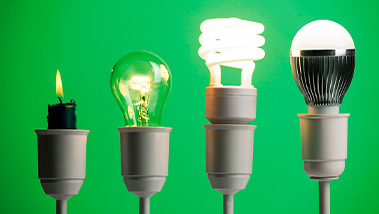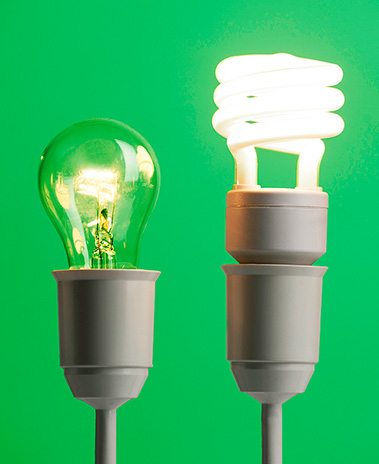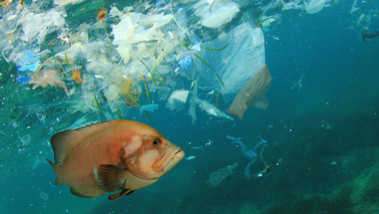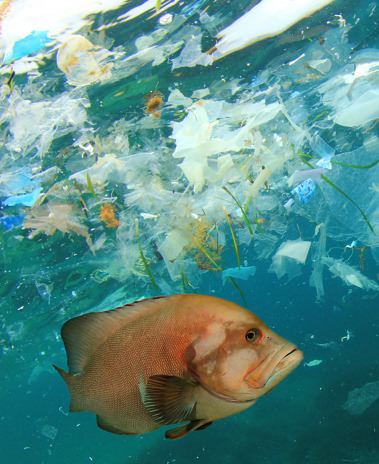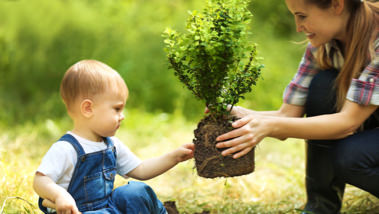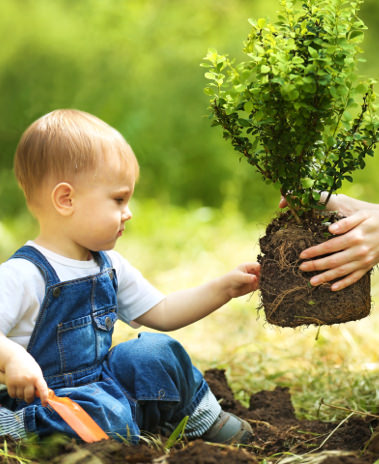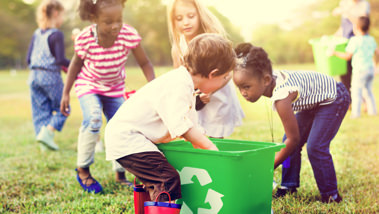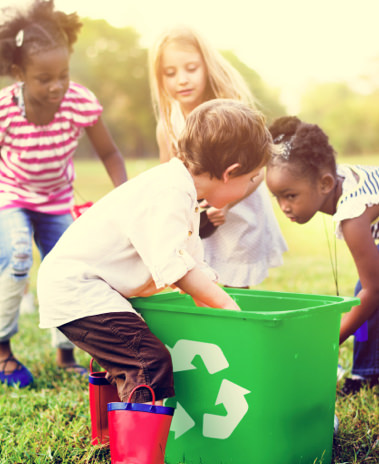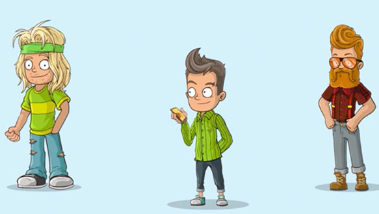#social action
Fighting against cancer, combating gender violence or violence against women, campaigns to fight childhood maladies... We put on the table social action initiatives to support people who are suffering, having into account their integration and their quality of life.
-
Thomas Edison's first electric power plant built in 1882 only supplied current to a few light bulbs. Since then, the grid that carries electricity to our homes has expanded and is facing the biggest challenge so far: to become completely fossil-fuel free and move towards renewable energy sources. Discover the history of electricity until nowadays.
In 2015, all the member states of the United Nations (UN) approved the 2030 Agenda for Sustainable Development - an action plan to help people and the planet, encompassing the 17 SDGs.
-
According to Greenpeace, our oceans receive 200 kilos of rubbish a second and have floating islands of plastic with an area four times the size of California. This situation, which is so harmful to the health of our planet, has inspired three ingenious initiatives for cleaning up the oceans. Read about them here; they'll definitely surprise you!
We want to create a more sustainable world, with stable economies and more just and inclusive societies. A difficult but not unattainable target if we can count on involvement of governments, institutions, businesses, and, above all, a responsible and committed public.
-
Kids should start their environmental education at school. The fate of the planet will be in their hands, so it is crucial for them to learn how to use resources wisely and do their bit in the battle against climate change from an early age. The results of this difficult test could be a better, more sustainable and inhabitable world.





